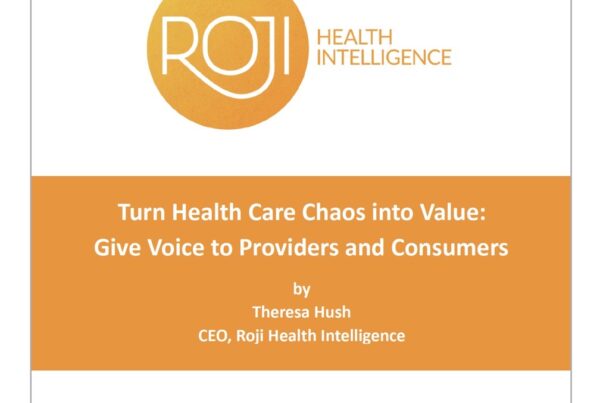
February 5, 2020
How AI Can Engage Consumers to Reduce Disease Risk: The Case of Atrial Fibrillation
In our last article, we assessed how AI could be used to achieve clinical success for individual conditions, and to apply the technology to broad cost reduction efforts and population health interventions. But here's the real test: Can we effectively apply AI technology to help patients better engage in lifestyle risk reduction—particularly for specific conditions at higher risk? To examine the feasibility and issues, let’s take a closer look at Atrial Fibrillation (AFib), an increasingly common and expensive condition. In AFib, the upper part of the heart (the atrium) has ineffectual contraction, causing sludging of the blood and lessened cardiac…
Read More














